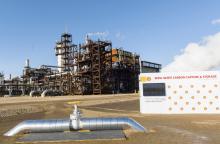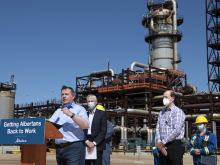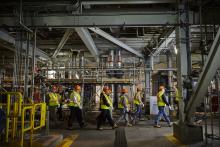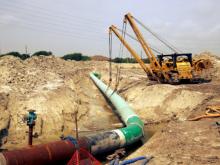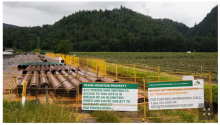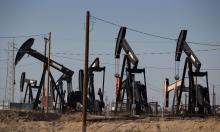Leading climate scientists and academics are calling on the federal government to abandon a proposed tax credit that gives big polluters a break for investing in carbon capture technology.
The experts say the planned carbon capture utilization and storage (CCUS) tax credit will lock in fossil fuel use and risk ruining Canada’s chances of meeting emission reduction goals.



